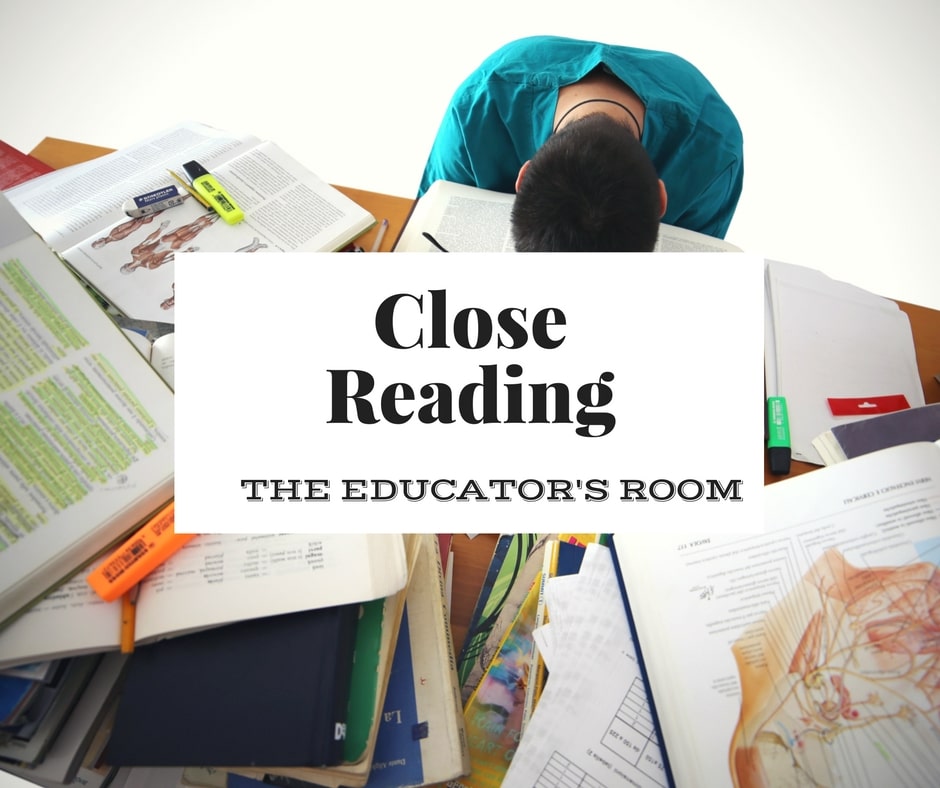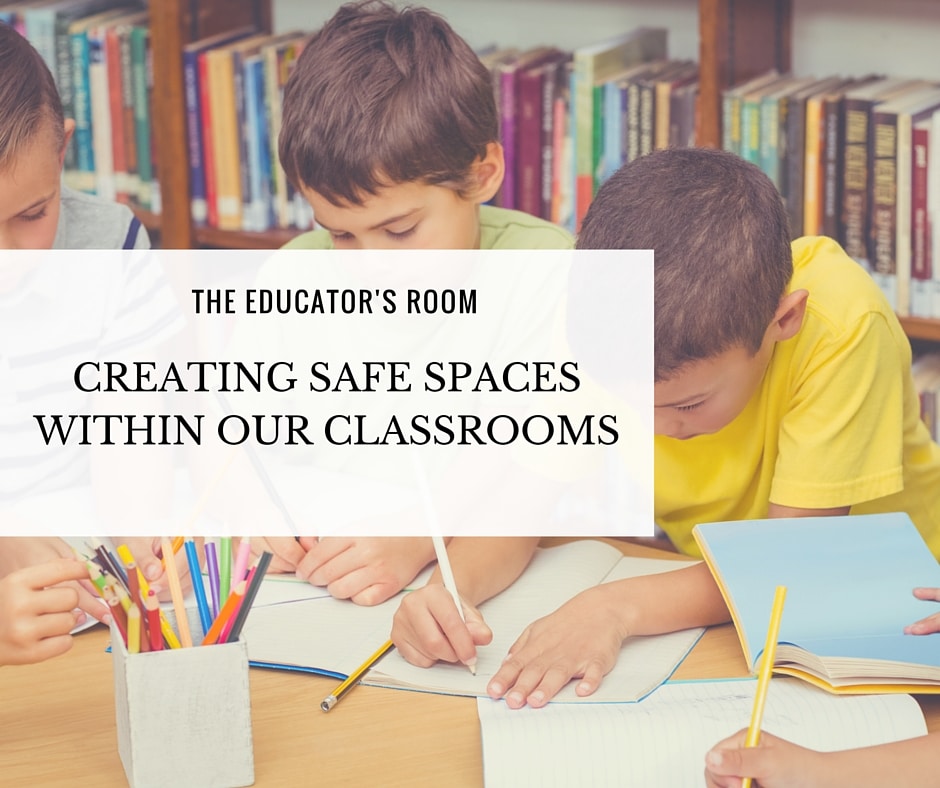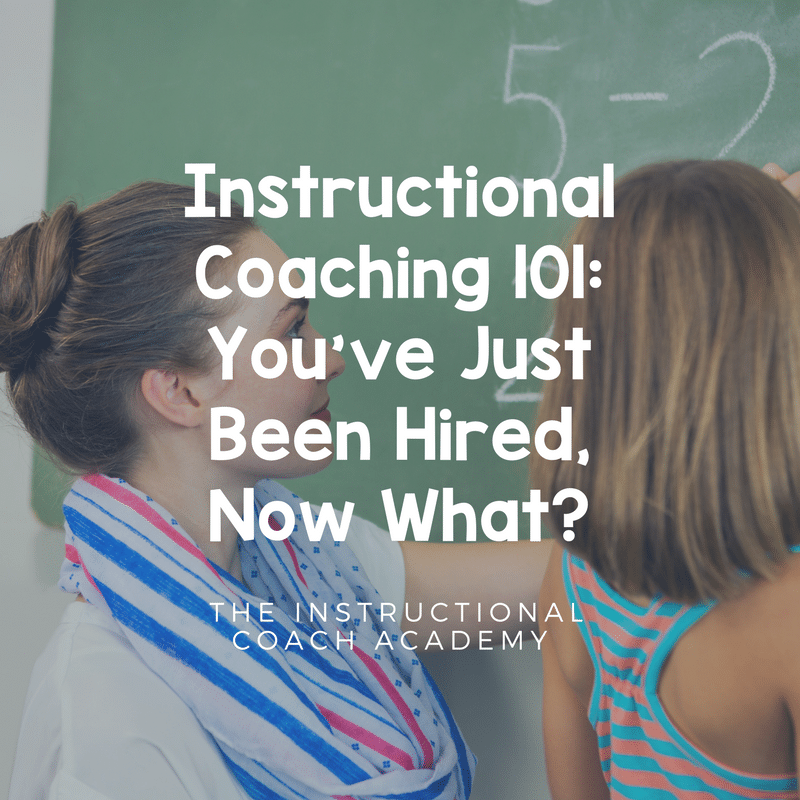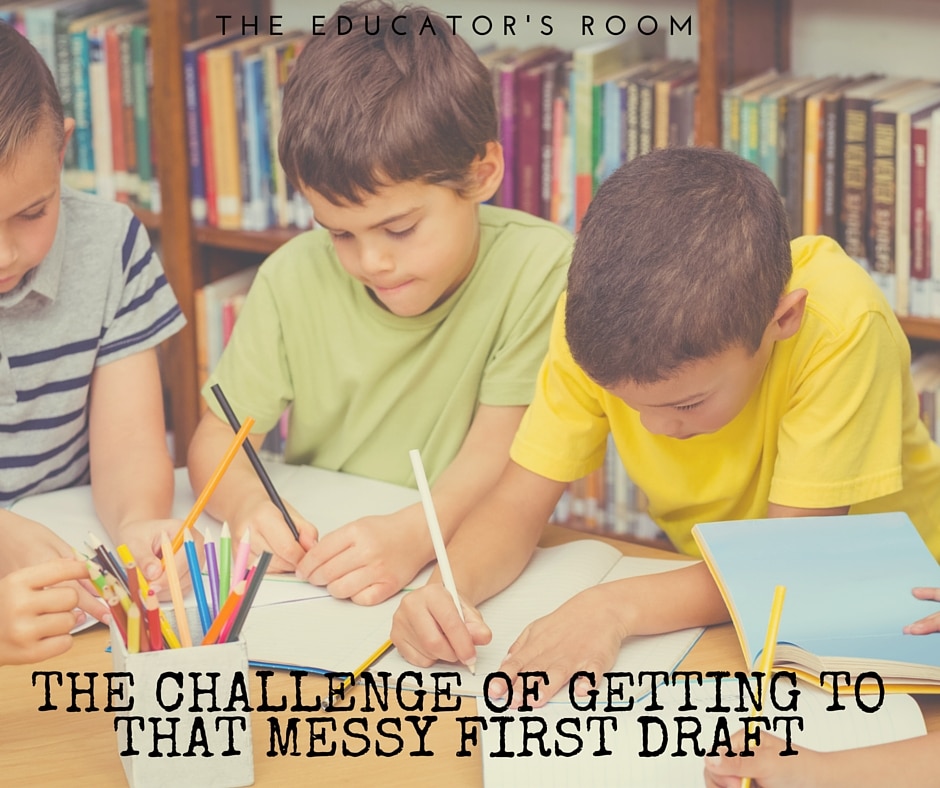Last week, I introduced the concept of Close & Critical Reading (CCR). While we begin the strategies with all ages, we (currently) use the vocabulary of CCR starting with our seventh graders. The first of the four questions is “What is the text about?” This seems easy enough, having students summarize what they read, however, many kids have […]
Literacy
What is Close and Critical Reading?
More than six years ago my school district found itself on the state’s list of failing schools. We were not making annual yearly progress (AYP) and it was becoming evident that we couldn’t keep doing what we had always been doing. Our demographics had drastically changed when the industry-heavy area began to crumble and families […]
The Quietly Rebellious Teacher
I’m a teacher. I believe in rules, structure, and consistency. To a point. I am not the end-all, be-all authority on education. I feel confident in my classroom and I know my students just like you know yours. But I am tired of people in positions other than in a classroom making decisions for my […]
Creating Safe Spaces Within Our Classrooms
This year I will begin my “lucky” thirteenth year in the classroom in my current district, and my second year teaching junior high. One of my strengths as a teacher is my classroom management. It’s been something that has come naturally to me ever since my days of student teaching and I credit it all to […]
Instructional Coaching 101: You’ve Just Been Hired, Now What?
As I sat at my desk and fumed all I could say to myself was, “I did not sign up for this. This is not how you treat others!” The longer I repeated those words the angrier I became and before long I was hurriedly typing away an email to my principal about my interaction with that […]
The Challenge of Getting to that Messy First Draft
She had been staring at her screen for fifteen minutes. My students were supposed to be writing the first draft of a literary analysis essay, but Jamae was clearly not making progress. When I initially saw her struggling, I asked if everything was OK. She just nodded and kept staring, so after a few minutes […]
Twain's Satire in "Advice to Youth" Speech
Students have regular exposure to forms of mockery, ridicule, derision, scorn, or caricature on social media, on TV, on film, or Youtube, yet many still do not understand satire. Despite living in an atmosphere saturated 24/7 with “humor, irony, exaggeration, or ridicule that exposes and criticizes people’s stupidity or vices,” when students read satire, they say they just don’t “get it.” Perhaps […]
Steinbeck’s Nobel Prize Speech-"the Word is with Men"
[fusion_builder_container hundred_percent=”yes” overflow=”visible”][fusion_builder_row][fusion_builder_column type=”1_1″ background_position=”left top” background_color=”” border_size=”” border_color=”” border_style=”solid” spacing=”yes” background_image=”” background_repeat=”no-repeat” padding=”” margin_top=”0px” margin_bottom=”0px” class=”” id=”” animation_type=”” animation_speed=”0.3″ animation_direction=”left” hide_on_mobile=”no” center_content=”no” min_height=”none”] When American authors are studied in the secondary English Language Arts classroom for their short stories and their novels, John Steinbeck is usually featured. Students, however, may not have read a […]






